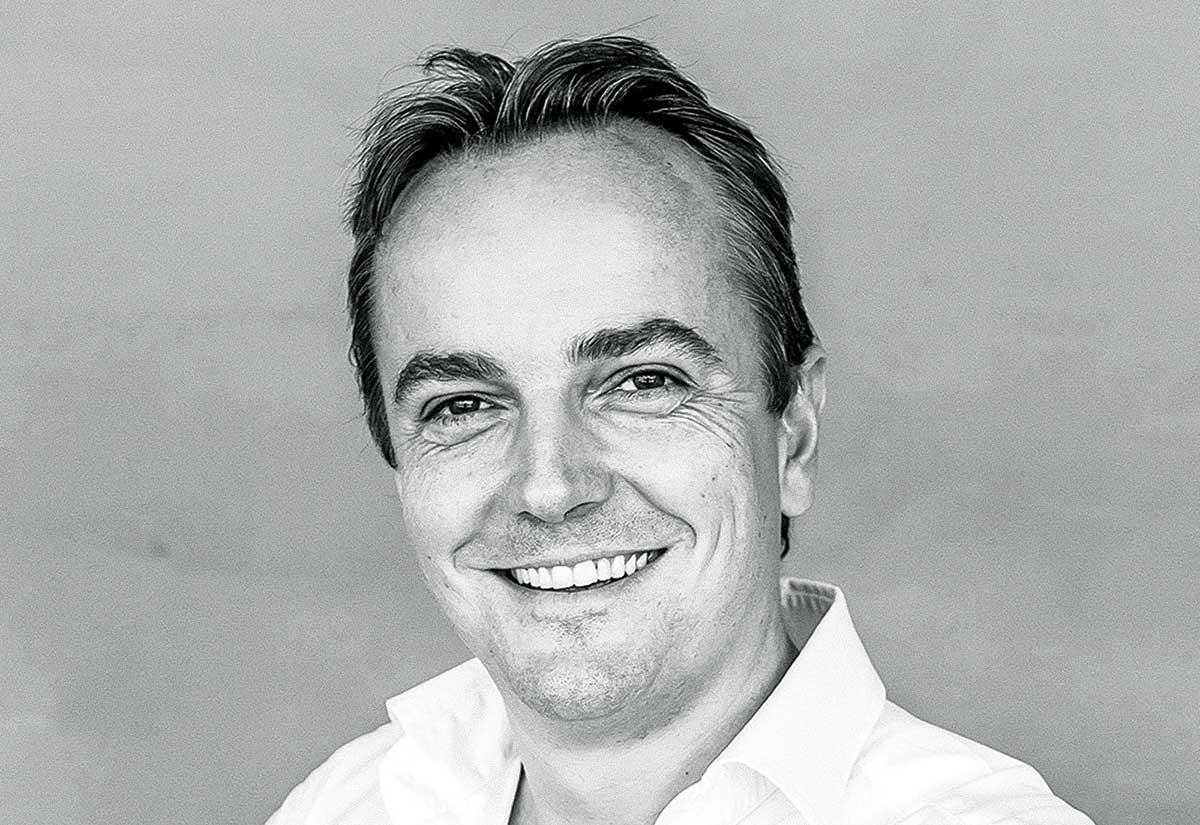Having spent a long time in health clinics due to multiple sore throats and rashes encountered by his young children, venture capitalist Charlie Barlow was struck by the inefficiencies surrounding doctor visits in the MENA region. So he decided to do something about it. Given that you can book anything from a taxi to a designer dress to a holiday, Barlow found no reason why doctor’s appointments should not be made readily available on-demand too.
Thus, UAE-based Health at Hand was created. The app aims to offer video consultations for primary healthcare as a standard part of all insurance contracts in the region, though it is currently partnered with regional corporates on an on-demand subscription-based model direct to the consumer market. Headed by the tech team behind ride-hailing app Careem, Health at Hand is expected to expand across the GCC in 2019.
Are there too many or too few health related apps in the regional market?
The UAE and wider GCC have been slow to adopt telehealth (health using technology), unlike many western markets. The model of spending huge amounts of GDP on brick-and-mortar hospitals has to change. Telehealth has a real and direct focus on preventative medicine.
What are some of the biggest challenges you faced when setting up the app?
Healthcare is a highly regulated sector and as such there are a number of challenges in establishing a licensed entity. By working with the UAE’s health authorities through direct engagement, backed up by a proprietary white paper we commissioned with YouGov MENA, we were able to navigate those challenges. Health at Hand has always put huge emphasis on the quality of our technology and staff. Our doctors, for example, are all qualified up to and beyond the equivalent of US board certification standards, and our technology team were behind the tech platform created for Careem.
We are strong advocates of moving away from a fee-for-service model. Quality healthcare should be a right, not a privilege”
Was funding a problem for Health at Hand?
My background in private equity and venture capital helped us raise $1m via a well-researched and compelling investment proposition. We were then able to successfully raise a Seed A funding round of $3.1m in 2017. In my ten years in the region, the appetite for early stage technology investments has certainly increased as investors look to diversify away from oil and real estate exposure. We are likely to return to the market for additional funding before the end of 2018.
What are some of your main challenges operating the app?
One of the main challenges of any tech-led, on-demand business is managing the supply/demand economics and queuing algorithms. Coupled with this, the ability to hire highly qualified doctors in order to differentiate from the competition have been two of our major challenges. We are fortunate that due to the robustness of our balance sheet and the brilliant team we have hired, we have managed to overcome these challenges.
What are some issues in the regional MENA health sector that need to be tackled?
There should be an increased allocation towards preventative care over curative care. The current sector is too highly dependent on specialist care versus primary care. More focus is also required on treating and educating the sector about mental health. Furthermore, we are strong advocates of moving away from a fee for service model. Quality healthcare should be a right, not a privilege.
What are your expansion plans for the app?
In the next few months, we aim to operate 24/7, all year around, while offering live video consultation, integrated sick notes, e-referral and drug delivery. Our next investment round will allow us to integrate an AI and machine learning component, increasing the speed and accuracy of the diagnosis and enhance our digital twin proposition, with a focus on protective and preventative medicine.







